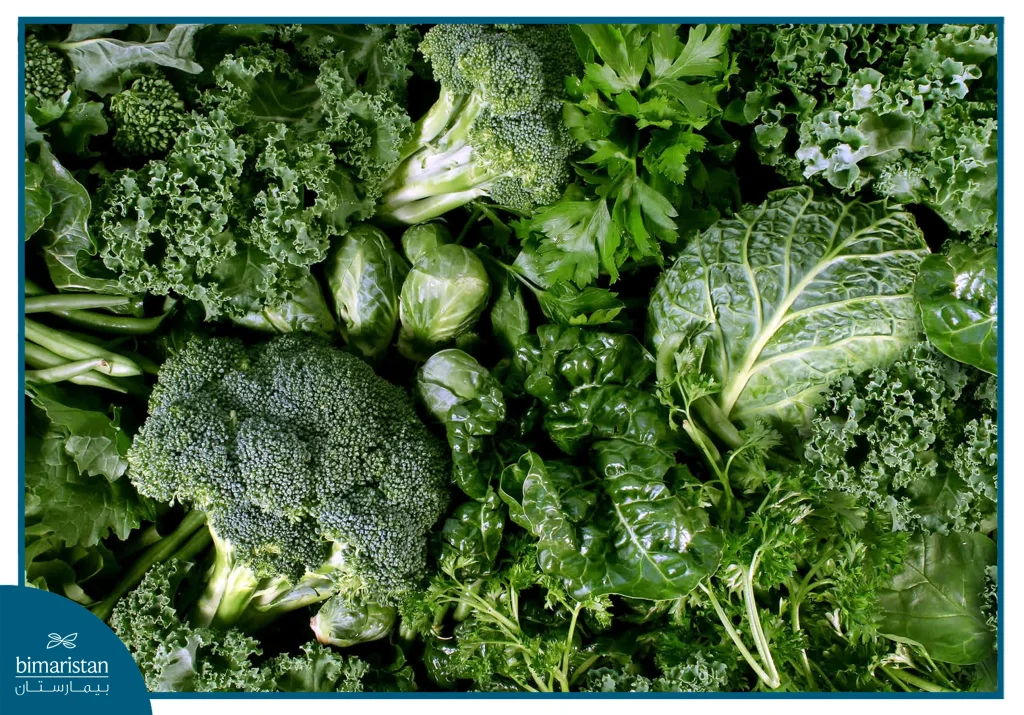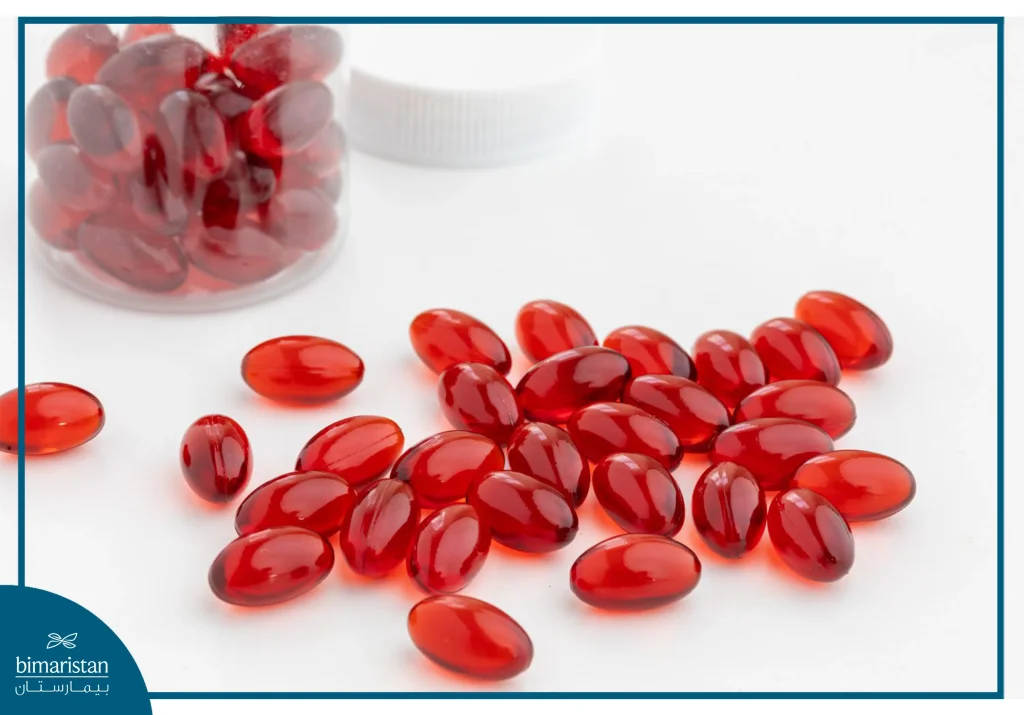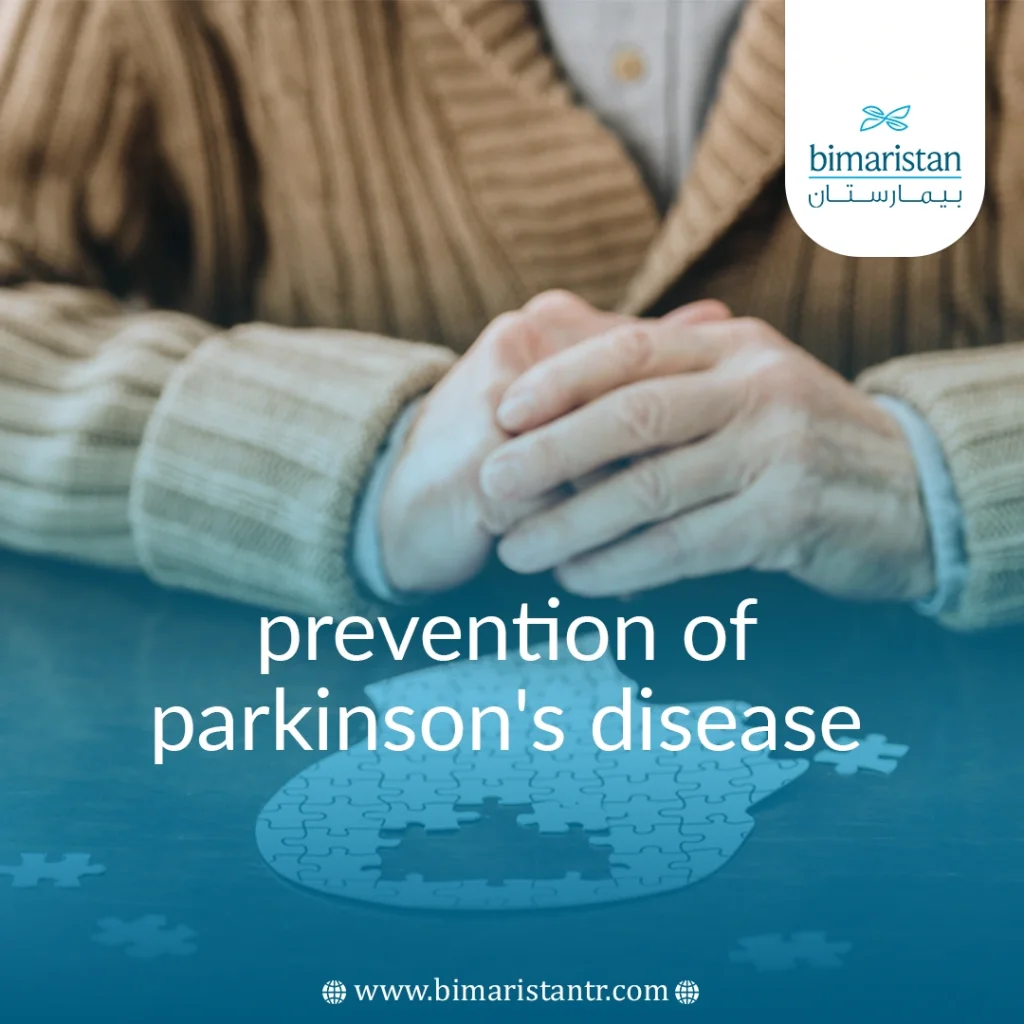The prevention of Parkinson’s disease is achievable by maintaining a healthy lifestyle and minimizing stress, helping you reduce the risk as you age.
The prevention of Parkinson’s disease is crucial, as its exact cause remains unclear. While the condition is linked to brain inflammation, adopting strategies to avoid it can help reduce the risk. What are the best methods for preventing Parkinson’s disease?
Parkinson’s disease
This disease affects men and women, but it is more common in men, and it often occurs at the age of 60 years and above but sometimes some people get it as young as 50 years old, and it is called early Parkinson’s.
Parkinson’s disease is a central nervous system disorder that affects the brain area responsible for controlling body movement. This condition leads to a decrease in dopamine levels, a chemical that plays a crucial role in regulating body movement. The prevention of Parkinson’s disease involves addressing factors that influence dopamine production and overall brain health.
One of the functions of dopamine is to:
- It plays a role in voluntary movement in the body
- Controls human cognitive behavior
- Controls mood
- Regulates memory function
- Controls general human behavior
Symptoms of Parkinson’s Disease
The most common symptoms of Parkinson’s disease include
- Trembling, stiffness, inability to walk, and balance issues that increase in severity over time
- fatigue
- Depression
- Constipation
- Difficulty sleeping
- Not being able to concentrate and not being able to remember things
- Inability to make decisions and difficulty talking to others
Causes of Parkinson’s disease
The cause of Parkinson’s disease is not yet known, but one risk factor that increases the chances of developing the disease is aging, along with stress and inflammation that leads to cell damage.
You can continue reading about: Parkinson’s disease symptoms and causes.
Methods for prevention of parkinson’s disease
Parkinson’s treatment is still evolving, as the exact cause of low dopamine levels remains unclear. However, ongoing studies and research aim to improve treatment options for the condition in the future.
Therefore, prevention of Parkinson’s disease before it occurs is better than treatment, and there are effective attempts to study ways to prevent Parkinson’s disease, the most important of which are:
Use organic pesticides and fertilizers instead of chemical ones
Chemical pesticides and herbicides have been found to be strongly associated with Parkinson’s disease. In a study of a group of patients with Parkinson’s disease (with low levels of dopamine), higher levels of chemical pesticides were found in their brains compared to normal people with normal levels of dopamine.
According to this study, individuals working on farms using chemical pesticides are at higher risk for Parkinson’s disease. Using organic pesticides is one effective method for the prevention of Parkinson’s disease.
Eat fresh and raw vegetables
Doctors and nutritionists recommend eating the right amount of vegetables daily, and if you’re focused on the prevention of Parkinson’s disease, this habit becomes even more important.
Folic acid, along with other nutrients, is often low in Parkinson’s patients. For the prevention of Parkinson’s disease, ensuring adequate folic acid intake from dark green vegetables like broccoli, kale, okra, and spinach can help reduce the risk.

Adding Omega-3s to the diet
The benefits of omega-3 fatty acids on physical and intellectual development are well-known, and they also play a significant role in the prevention of Parkinson’s disease. A study conducted on experimental animals demonstrated that omega-3 fatty acids can effectively resist and prevent Parkinson’s disease.
The study focused on the prevention of Parkinson’s disease by administering omega-3 supplements to healthy animals months before they were exposed to a substance known to cause Parkinson’s. After the prescribed period, the animals that received omega-3 supplements showed no symptoms of Parkinson’s disease and maintained normal dopamine levels, while those that did not receive omega-3s developed the disease.
Taking vitamin D3
Researchers found that a large proportion of early-stage Parkinson’s patients who have not yet undergone treatment have low levels of vitamin D.
Vitamin D plays an important role in the body as it helps the body to benefit from calcium and phosphorus, and it is built in the body when exposed to sunlight, as the skin helps cholesterol and some vitamins to manufacture it.
Vitamin D is also found in fish such as salmon and tuna, as well as eggs and walnuts.
Drinking green tea
The benefits of green tea are endless, mostly because it contains antioxidants that act as anti-inflammatoGreen tea has endless benefits
The medicinal compounds found in green tea have been shown in studies to have protective benefits for the brain, and these compounds in green tea have also been shown to maintain the leStudies have shown that the medicinalprotect the brain andreducing
When considering green tea for the prevention of Parkinson’s disease, be cautious when choosing a brand, as many contain high levels of fluoride. This substance can negatively affect brain function and may accelerate Parkinson’s disease, rather than supporting brain health. Opt for high-quality green tea brands to avoid this risk.
Playing sports
Exercise has amazing effects on the entire body, it is a savior. Itm all health issues, making sure to. Regularrly can remmation that occurs in tecially with, Parkinson’sin people disease, it also increa. Itthe brain’s ability to learn and strengthens memory.
CoQ10
Our bodies contain an enzyme called CoQ10. This enzyme is used by cells to produce the energy they need. It also works as an antioxidant, thus protecting cells from damage.
A deficiency of the enzyme CoQ10 in the body contributes to diseases associated with neurodegeneration such as Parkinson’s disease and Alzheimer’s disease. Low levels of this enzyme have been observed in Parkinson’s patients. Scientific research has shown that taking CoQ10 supplements reduces the deterioration of Parkinson’s patients’ condition.
Sources of CoQ10 are mainly animal-based, such as liver, kidney, heart, and beef, but some vegetables contain low levels of CoQ10, such as broccoli, spinach, and cauliflower. Healthy fats enhance the benefits of CoQ10 because they help absorb the coenzyme, so it’s best to rely on animal sources.

Reduce stress
Stress affects the right thinking and human mental and physical health, giving in to life pressures will negatively affect you and your health, what we are interested in here is the effect of stress on causing inflammation and long-term damage to the body, especially the brain, which contributes to Parkinson’s disease and others.
In short, a healthy lifestyle that includes eating natural foods, regular exercise, and sun exposure can be the most effective approach for the prevention of Parkinson’s disease.
Sources:
- NIH
- University of Maryland Medical System
- Mass General Brigham


